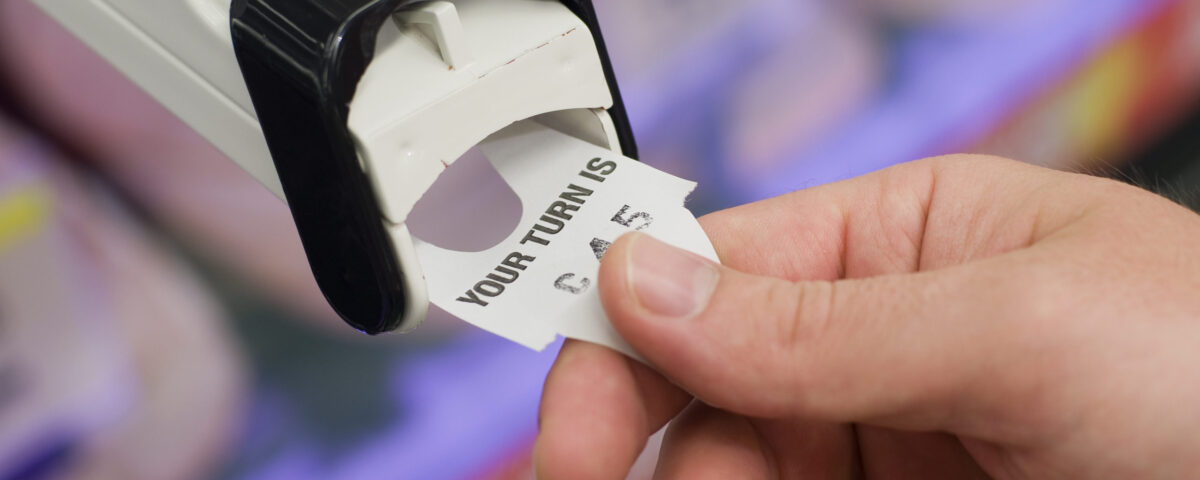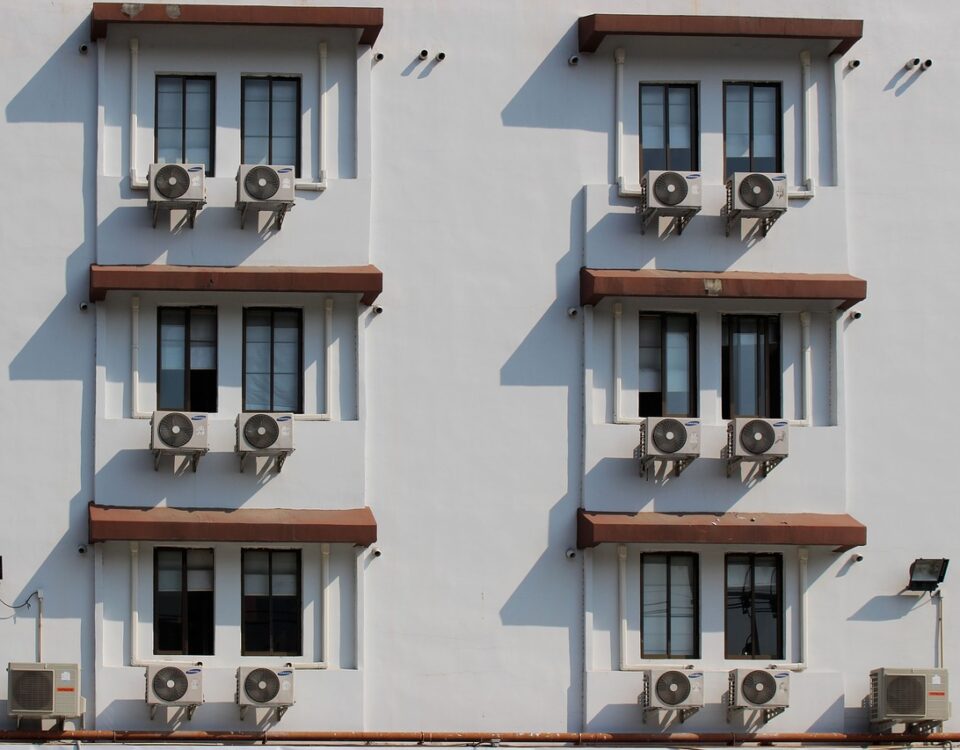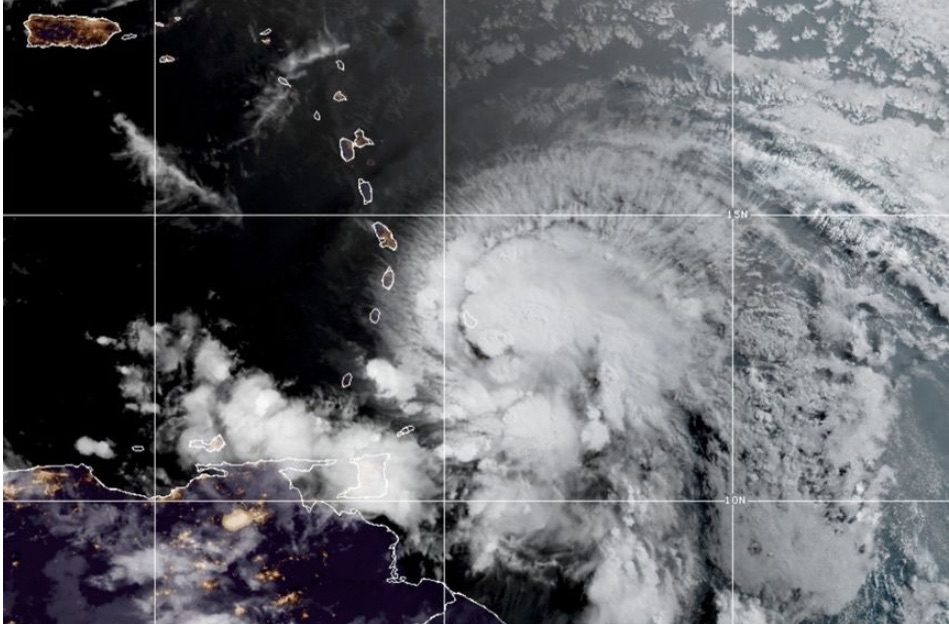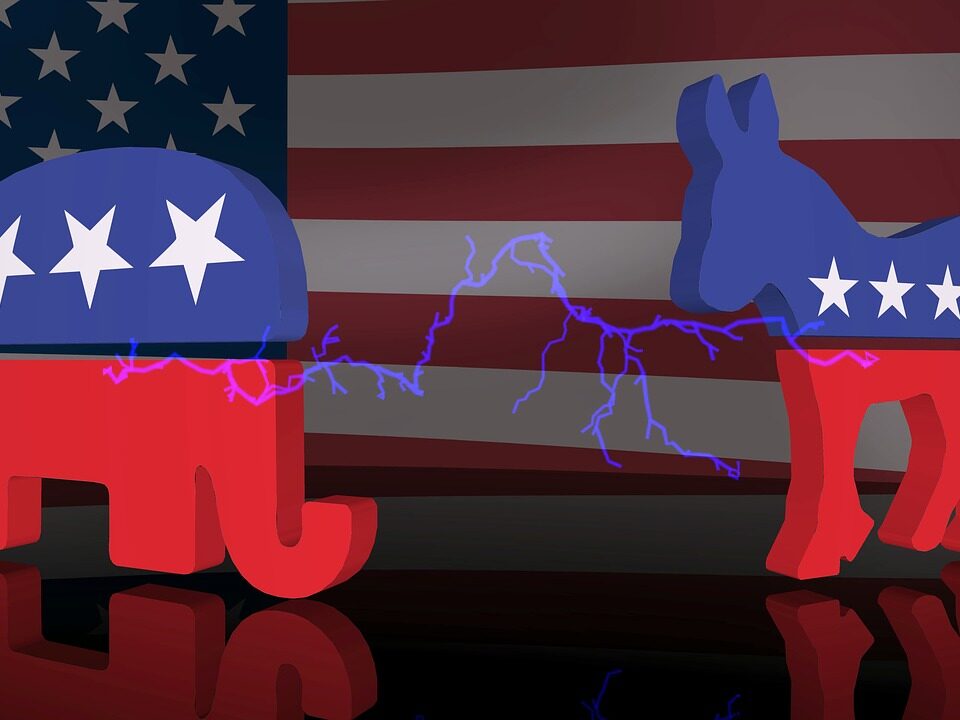
The Oscar Costs That No One Mentions
February 22, 2015
The Vaccine Benefits That No One Talks About
February 24, 2015Renewing my license at the NJ Department of Motor Vehicles, I started wondering about standing in line.
Please imagine the following.
My local DMV is a free standing, old and rather small, rectangular one story brick building. When you enter, a clerk standing behind a counter gives you a number on a blue piece of paper and suggests you sit down on one of maybe 200 folding chairs that are set up in a series of rows. Soon, 242, my number is called out by another clerk who checks my documents and then sends me to another row of chairs to await a picture.
It is crucial, I gather, for me to sit next to the lady with the black and white bag. I do what I am told and then hear a clerk call out, “Next.” That next person was sitting in the first chair in our row. When he goes to the counter for his picture, the person who sat next to him moves into his chair. And everyone else is supposed to switch to the seat on the left. Sort of like musical chairs, every time a new person goes to the counter, we all get up in unison, and then sit down in the next chair.
And that is when I started asking the people around me, why are we doing this? I learn that this is the DMV method for determining who is next in line.
Government and Lines
Government has never been very good at lines. But the worst stories I’ve heard are from the former Soviet Union and communist Eastern Europe. In Poland during the 1970s, you might have taken an hour or two off from work, rotating with a brother or sister, to stand in line. Everyone could have been waiting for a pair of shoes but if a shampoo were available, you bought it. There were even queue rules like mothers with small children got to go first. So people temporarily borrowed small children.
Where are we going? Back to the NJ DMV.
Looking at the bigger picture, let’s ask if issuing drivers’ licenses should be a government responsibility.
Our Bottom Line: Public Goods
Using an economist’s definition of a public good, we can identify the minimum and for some of us the maximum of what government should provide.
A lighthouse is typically classified as a public good because its service is non-excludable and a necessity. Non-excludable just means that we cannot prevent everyone from using the beacon. Similarly, since everyone enjoys the benefits of national defense and tornado sirens, they too are non-excludable necessities. Because businesses have a tough time profiting from non-excludable items, if they are necessities, government provides them.
If our criteria is that government should only provide a non-excludable necessity, does that cover driver licenses?
![econlifelogotrademarkedwebsitelogo[1]](/wp-content/uploads/2024/05/econlifelogotrademarkedwebsitelogo1.png#100878)




